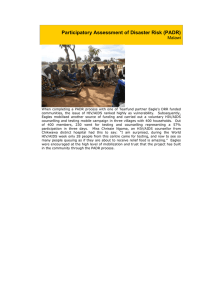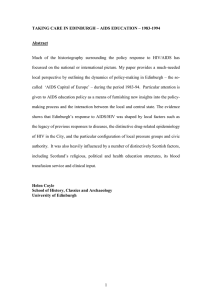Professor Richard Canning
advertisement
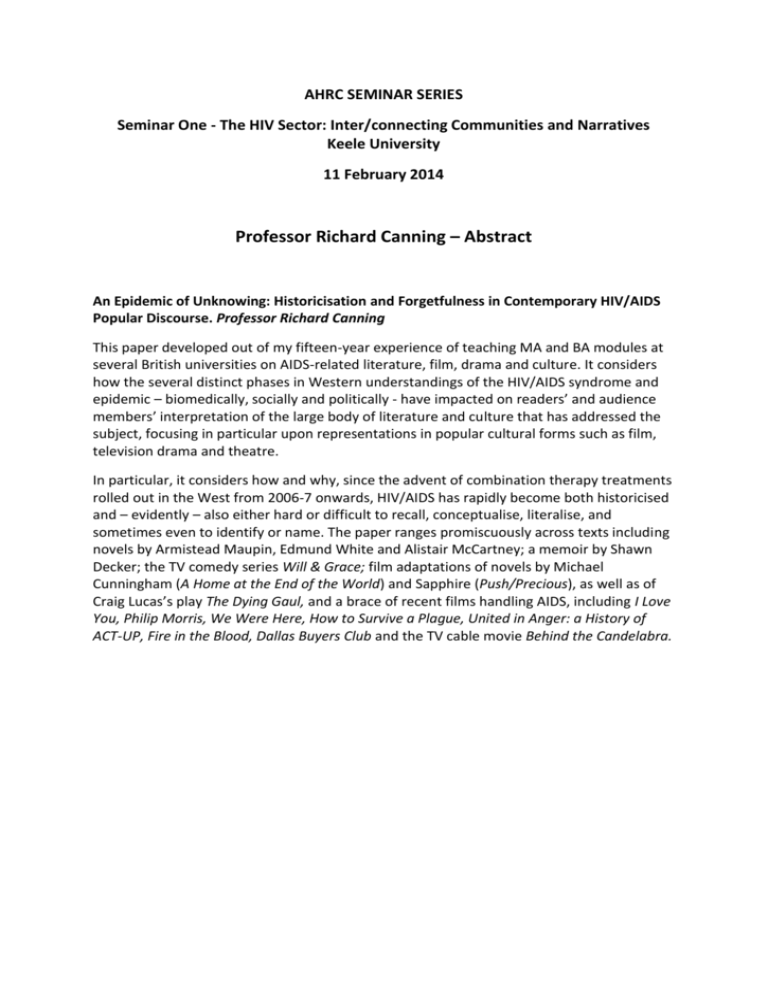
AHRC SEMINAR SERIES Seminar One - The HIV Sector: Inter/connecting Communities and Narratives Keele University 11 February 2014 Professor Richard Canning – Abstract An Epidemic of Unknowing: Historicisation and Forgetfulness in Contemporary HIV/AIDS Popular Discourse. Professor Richard Canning This paper developed out of my fifteen-year experience of teaching MA and BA modules at several British universities on AIDS-related literature, film, drama and culture. It considers how the several distinct phases in Western understandings of the HIV/AIDS syndrome and epidemic – biomedically, socially and politically - have impacted on readers’ and audience members’ interpretation of the large body of literature and culture that has addressed the subject, focusing in particular upon representations in popular cultural forms such as film, television drama and theatre. In particular, it considers how and why, since the advent of combination therapy treatments rolled out in the West from 2006-7 onwards, HIV/AIDS has rapidly become both historicised and – evidently – also either hard or difficult to recall, conceptualise, literalise, and sometimes even to identify or name. The paper ranges promiscuously across texts including novels by Armistead Maupin, Edmund White and Alistair McCartney; a memoir by Shawn Decker; the TV comedy series Will & Grace; film adaptations of novels by Michael Cunningham (A Home at the End of the World) and Sapphire (Push/Precious), as well as of Craig Lucas’s play The Dying Gaul, and a brace of recent films handling AIDS, including I Love You, Philip Morris, We Were Here, How to Survive a Plague, United in Anger: a History of ACT-UP, Fire in the Blood, Dallas Buyers Club and the TV cable movie Behind the Candelabra.
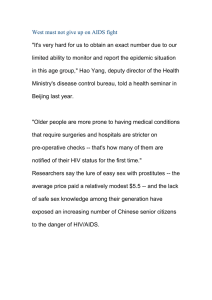
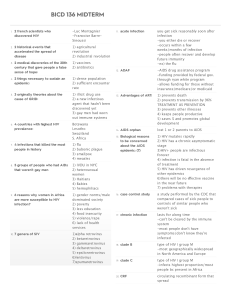
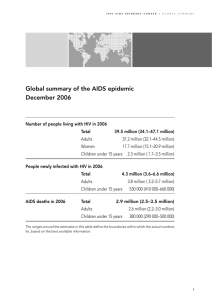

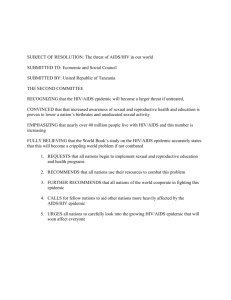

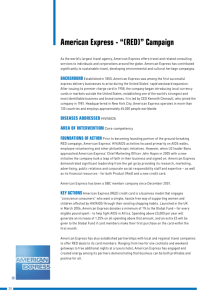

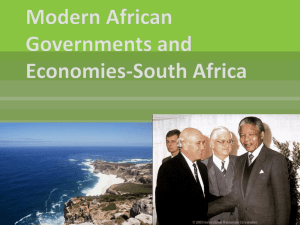
![Talking Global Health [PPT 1.64MB]](http://s2.studylib.net/store/data/015013625_1-6571182af875df13a85311f6a0fb019f-300x300.png)
